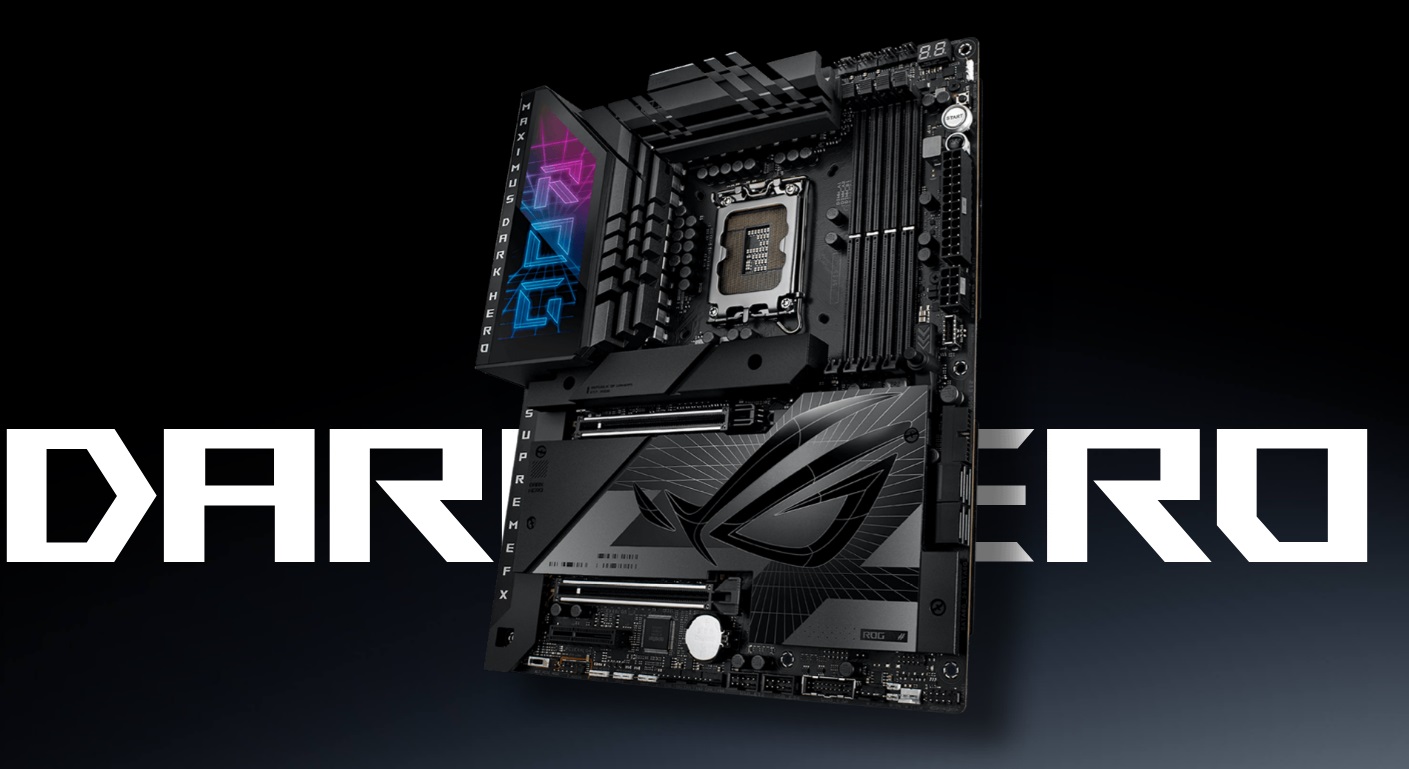ASUS adds “Intel Baseline Profile” to Z790 motherboards to address game stability issues
This setting will make your Intel i9 perform worse, and that’s probably a good thing
This year, there has been a lot of reports about the instability of Intel CPUs in games, with Unreal Engine titles being the worst affected. Specifically, Intel’s high-end 13th and 14th generation Raptor Lake CPUs have been affected by these issues. Now, ASUS has seemingly released a fix for these issues with a new BIOS option called the “Intel Baseline Profile“. “Improving stability in certain games” is why this setting exists. That said, this new profile will likely cause the overall performance of your PC to drop.
With this new setting, ASUS are allowing users of their Z790 motherboards to revert to “Intel factory default” settings. This enables basic functionality for supported CPUs with lower power limits. These changes increase the stability of games that are effected by crashes on Intel’s latest high-end CPUs. Affected games include Hogwarts Legacy, Tekken 8, and Outpost: Infinity Siege.
With lower TDP settings and no tweaks from your motherboard’s manufacturer, we can expect this new profile to lower the performance of the systems that use it. The good news is that these settings will give you a more stable system. Beyond that, these settings will also make your CPU run cooler. In games, this change may not affect system performance that much. After all, not many games place all CPU cores under heavy loads, which reduces the impact of lowered TDP limits. That said, scores in all-core benchmarks or workloads will suffer greatly.
Will ASUS’ “Intel Baseline Profile” come to other motherboards?
Intel are known to be investigating reports of 13th/14th Generation Core CPU instability in specific games. That said, it remains to be seen if this new “Intel Baseline Profile” is something that comes from Intel or something that comes from ASUS.
Intel may be planning to roll out these settings to all of their LGA1700 motherboards, with ASUS being the first to release it. Alternatively, this new profile could be entirely ASUS’ doing. If this profile addresses Intel’s game stability issues, we can expect other motherboard manufacturers to create similar profiles, even without a push from Intel.
Epic Games’ Tim Sweeney has thanked ASUS for adding this feature. Since most games affected by these stability issues are Unreal Engine titles, this makes a lot of sense.
Thanks ASUS! Users need an easy way to reset settings to those that the hardware maker has validated as being stable. Without this, PC gaming was devolving into unfixable unreliability.
— Tim Sweeney (@TimSweeneyEpic) April 20, 2024
Is Intel to blame for these issues, or are motherboard manufacturers?
If Intel’s stock profiles address game stability issues, we can conclude that the settings of motherboard manufacturers are behind recent reports of game stability issues. Even so, Intel are not blame free here, as they have allowed their partners to make these tweaks default settings on their motherboards for years. Evidently, Intel could have prevented this problem by being stricter with their partners.
Intel has allowed their partners to tweak their default BIOS settings to deliver boosted CPU performance. Until now, this has been good for Intel. After all, higher benchmark scores lead to better reviews and stronger sales. Now, it has been shown that these tweaks may be causing stability issues in games. As a result of this, Intel should probably push all of their motherboard partners to implement a “Intel Baseline Profile” on their motherboards. Basically, this should probably be the default setting on motherboards, with tweaked partner profiles becoming an optional feature.
You can join the discussion on ASUS adding an “Intel Baseline Profile” to their motherboards on the OC3D Forums.





